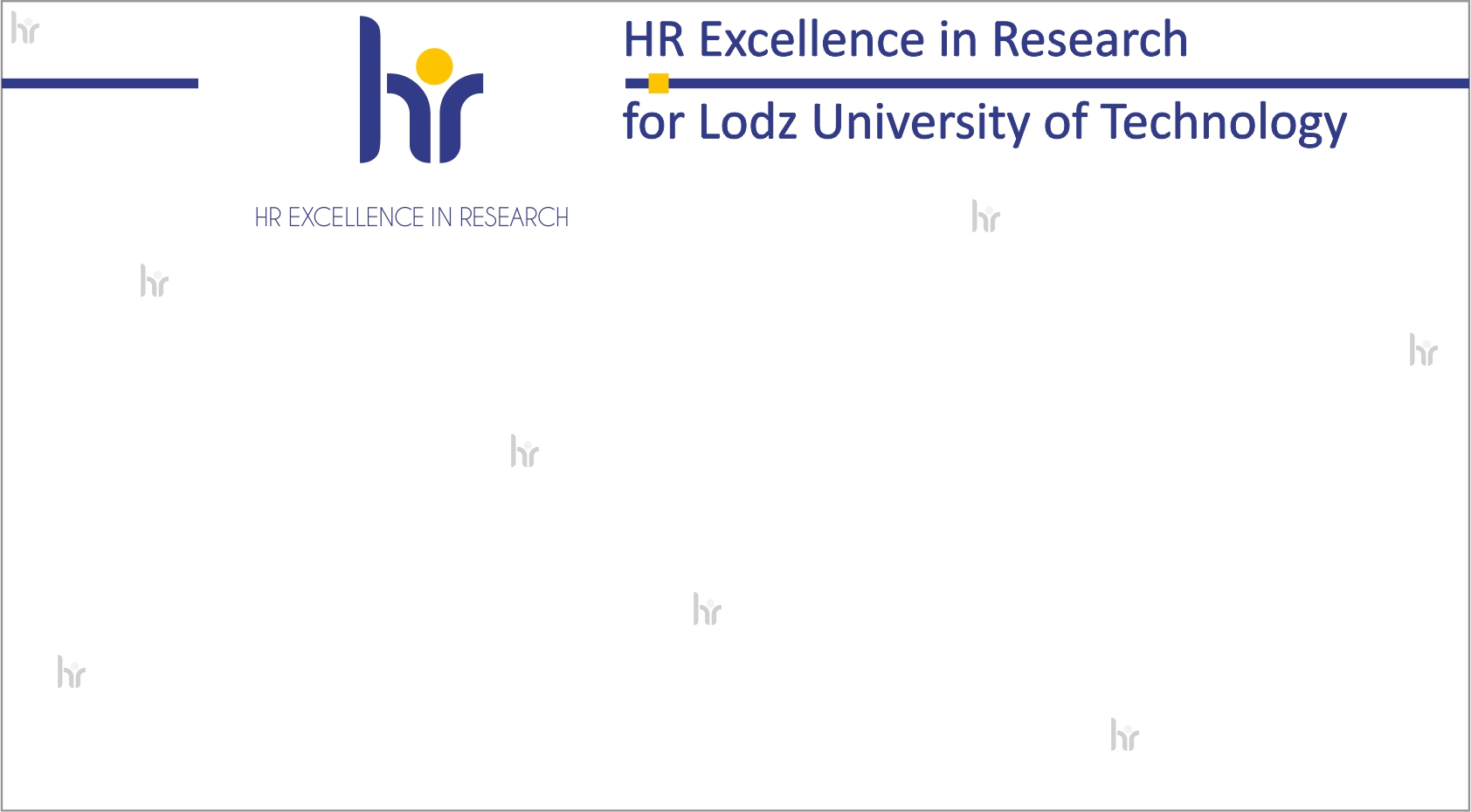









- The aim of the field of human-computer interaction is to make computers more human-friendly and to meet the needs of the human being. It combines technical and humanistic aspects - e.g. social, sociological and medical. It went beyond the narrow specialty of computer science, that is why it is not necessary to have a first-degree diploma in computer science in order to study at the new faculty - says dr hab. inż. Krzysztof Grudzień, associate professor, Chairman of the HCI field of study council.
The aim of the studies will be to train a specialist who will be able to make interactions between computers and people intuitive to use. The programme includes practical issues in the field of prototyping interactive devices and systems and the latest methods and technologies. The graduate will be able to cope with such tasks as design, evaluation and monitoring of IT systems, especially those related to interaction focused on individual and general user behaviour.
- As part of this innovative course of study, we want to combine what we have the best in terms of technical issues in the TUL IT units - the Faculty of Electrical, Electronic, Computer and Control Engineering and the Faculty of Technical Physics, Information Technology and Applied Mathematics - with an openness to a more humanistic perspective and creativity, which we have been developing for many years with IFE students. We invite candidates interested in information technology, but we do not restrict ourselves to IT engineers only - says dr hab. inż. Andrzej Romanowski, associate professor, Vice Rector for Education.
The second cycle studies in Human-Computer Interaction will be conducted in English at IFE (International Faculty of Engineering). The training will use the latest methods of active student-oriented learning such as flipped education and co-teaching with the participation of foreign academic staff. A large part of the classes will be carried out in project sprints, which is one of the recently implemented methods of working on innovations.
The study programme, unique in Poland and Central Europe, is the result of many consultations of the staff and students of TUL with foreign experts. The concept of the programme and its key modules have been developed with significant input from practitioners from academic centres in Europe, leaders in HCI education and research (including Utrecht University, Vrije Universiteit, Chalmers University of Technology, Ludwig-Maximilian University) and specialists working for global innovative companies (e.g. Google Inc.).
HCI has been developing intensively at Lodz University of Technology for several years, which is manifested by scientific publications recognized all over the world, e.g. obtaining Honorable Mention for the article at the most important conference in the field of human-computer interaction ACM CHI 2019. Our students who have completed internships at the world's leading academic centres, Harvard University or the National University of Singapore, and the Ubicomp Student Research Group has received several awards in international invention competitions and has been awarded the Best of the Best 4.0 grant.